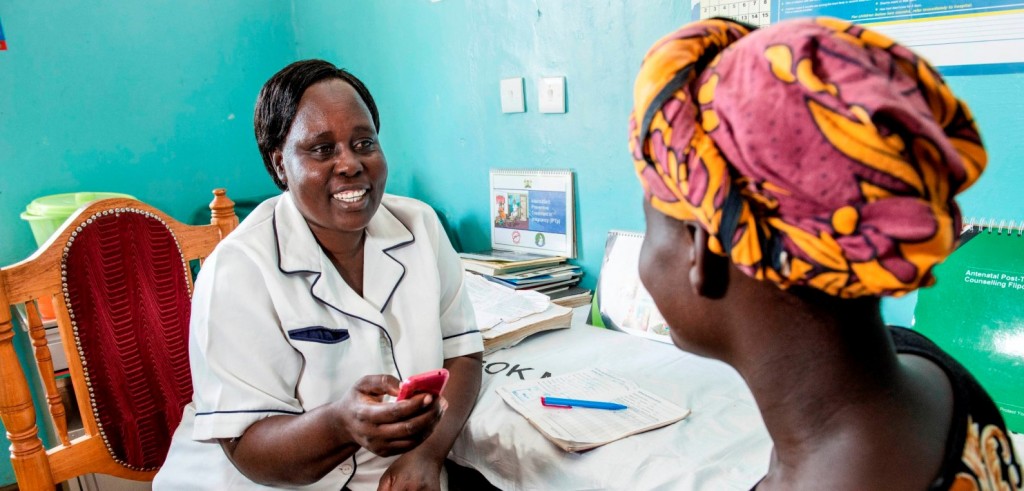There is a certain level of acceptance that health policy decisions need to be based on sound evidence. Ebola and other epidemics demonstrated that to have an impact, we truly need data to make the most with every dollar spent.
If we were to rebuild the health system of Guinea, Liberia and Sierra Leone, we ought to start with ensuring that we fix each of their national statistical offices with development finance to allow better targeted public private partnerships. Once we know how to count those who need assistance, we may accept that most of our resources should go elsewhere. But without data, we cannot determine strategically how to allocate the funds we have.
Nzérékoré became famous for the consequences of Ebola. The second largest city in Guinea became the epicenter of a virus that arrested economic development. One could argue that all local and international past investment in health did not stand in the way of the virus. The late Patrick Sawyer who brought Ebola to Lagos by plane, prompted a different response in Nigeria, thus demonstrating the impact of a public private partnership in adverting a larger contamination in Nigeria. There is an important lesson in how a job, access to financial resources as middle class, can change access to services.
« Without data, we cannot determine strategically how to allocate the funds we have. «
Since its inception in 2002, the Global Fund invested about US $30 billion in HIV/AIDS, tuberculosis and malaria. It demonstrated the importance of large scale investment in health. It made an impact. Countries now face the challenge of sustaining this investment in environments where the absence of formal employment erodes its contribution to health across developing countries.
Where we could have made a difference was to allow private capital to become a catalyst of socio-economic transformation. For example, of the 600 million insecticide-treated nets distributed to prevent malaria, only Tanzania can claim some job benefits in manufacturing.
The best complement to domestic and global health investment is in job creation. One could imagine a Global Fund for agriculture in Africa. Large scale investments where communities are given the means to increase productivity along the lines of the Performance Based Funding model of the Global Fund which boasts 17 million lives saved through partnership. In this model, local decision makers will agree on the target that would lift their community from dependency to self-sufficiency.
« The best complement to domestic and global health investment is in job creation.«
It is possible. Ethiopia received US $1.8 billion since 2002 from the Global Fund which made the long term planning of the structural transformation of the Ethiopian economy a viable project where funding allocation was in line with an overall policy coordination and implementation.
When we reach the point where countries are really in the driving seat, no one would worry about whether some met their 0.7% or their 15% commitment. If we accept that Global Health is an investment, then one should look at each country as a whole and not a recipient of funding allocated for a purpose that does not necessarily fit the needs of the communities.
In the near future, what we need is investment in data collection and processing through the African Centre for Disease Control to strengthen evidence-based decision making. Global Health investment will not achieve its desired outcome, assuming better health for all, as long as it responds to the headline virus.
The second investment is in the African Risk Capacity Outbreak and Epidemic insurance framework which is being developed. The combination of real time data and insurance against outbreak and epidemics will provide for an effective and funded response for outbreaks not to turn into epidemics.
« If we accept that Global Health is an investment, then one should look at each country as a whole and not a recipient of funding allocated for a purpose that does not necessarily fit the needs of the communities.«
Nigeria made the news when the coordination that started in a private clinic with a middle class patient made Ebola history in record time. Had it entered through Makoko, a slum, would the narrative have been the same? If the answer is no, then we should be cognizant of the fact that we are not connecting the dots between Africa’s transformation and the multitude of Global Health investments.
For Global Health investment to shift towards a long term contributor to Africa’s transformation, it ought to no longer be a vertical partner. Jobs need to provide the basis of individual and collective choices.
Ebola in West Africa could have been different. In the end, what we want is to be able to give Africans the choice that Patrick Sawyer had: better healthcare in Africa and more specifically at home, as global health investment equalizes the level of healthcare delivery complementing Africa’s investment.

